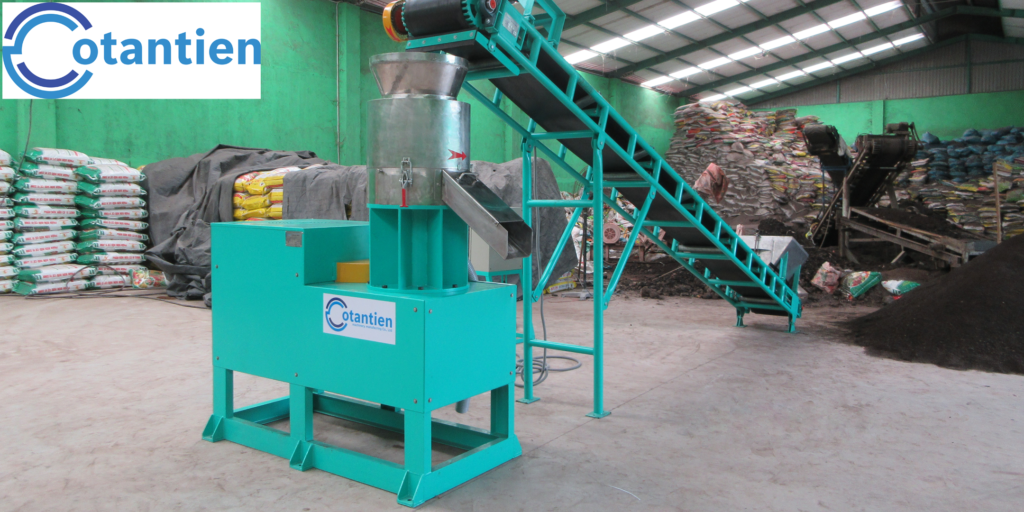
Technology also plays a pivotal role in addressing some of the most pressing challenges facing humanity, from climate change to healthcare disparities. Sustainable technologies, such as renewable energy sources and green infrastructure, offer viable solutions to mitigate the adverse effects of climate change and transition towards a more sustainable future. Likewise, advancements in medical organic fertilizer pellet machine, including genomics, telemedicine, and precision medicine, hold the promise of revolutionizing healthcare delivery and improving patient outcomes.
Moreover, emerging technologies like artificial intelligence, blockchain, and biotechnology have the potential to tackle complex problems with unprecedented precision and efficiency. Whether it’s optimizing supply chains, enhancing cybersecurity, or accelerating drug discovery, these technologies offer innovative solutions to some of society’s most daunting challenges.
The Ethical Imperative
While the transformative power of technology is undeniable, it also raises important ethical considerations that must be addressed. As we harness the capabilities of artificial intelligence and biotechnology, we must ensure that these technologies are developed and deployed responsibly, with careful consideration for their societal impact. Ethical frameworks, regulatory safeguards, and inclusive governance mechanisms are essential to guide the ethical development and deployment of emerging technologies, safeguarding against potential risks and ensuring that the benefits are equitably distributed.
Looking Ahead
As we stand on the cusp of a new technological frontier, the possibilities are endless. From the proliferation of smart cities to the advent of quantum computing, the future holds immense promise for further innovation and advancement. However, realizing this potential requires a concerted effort to harness technology for the collective good, addressing societal challenges while upholding ethical principles and human values.
In conclusion, technology is not merely a tool but a catalyst for change, shaping our present and defining our future. By embracing innovation, fostering collaboration, and prioritizing ethical considerations, we can harness the transformative power of technology to build a more equitable, sustainable, and prosperous world for generations to come.